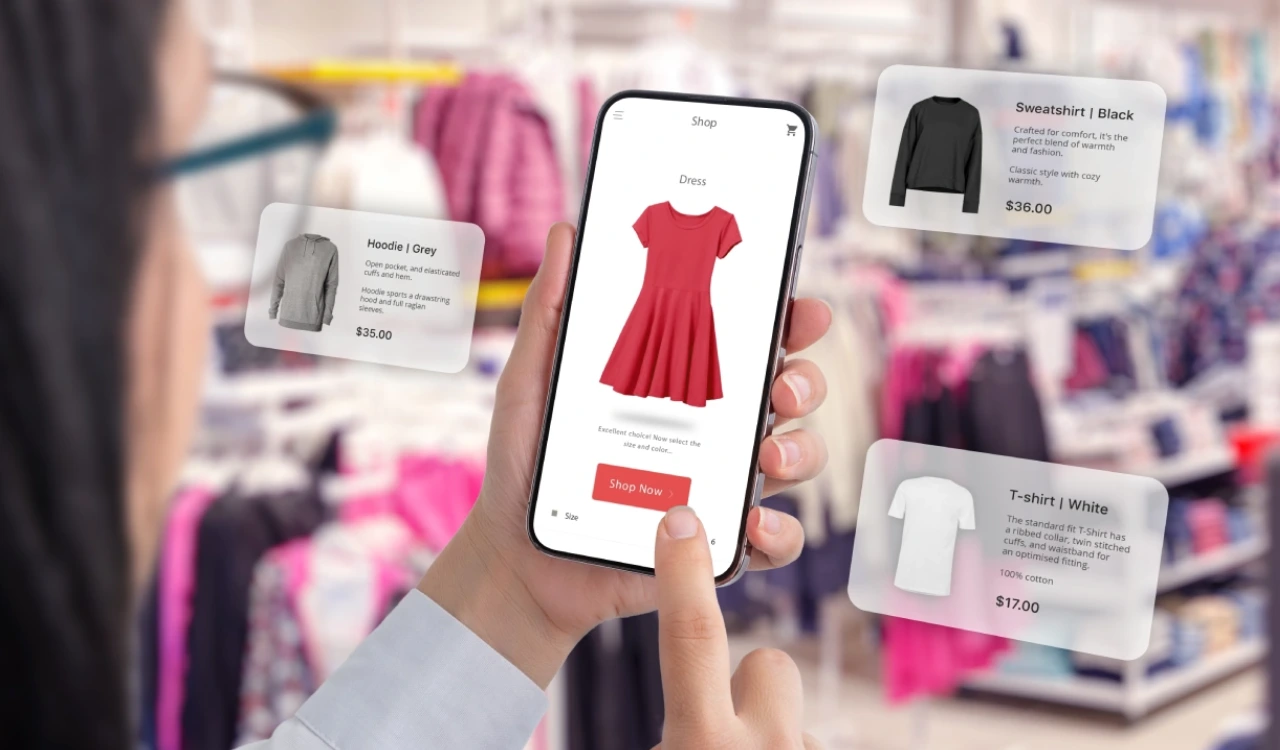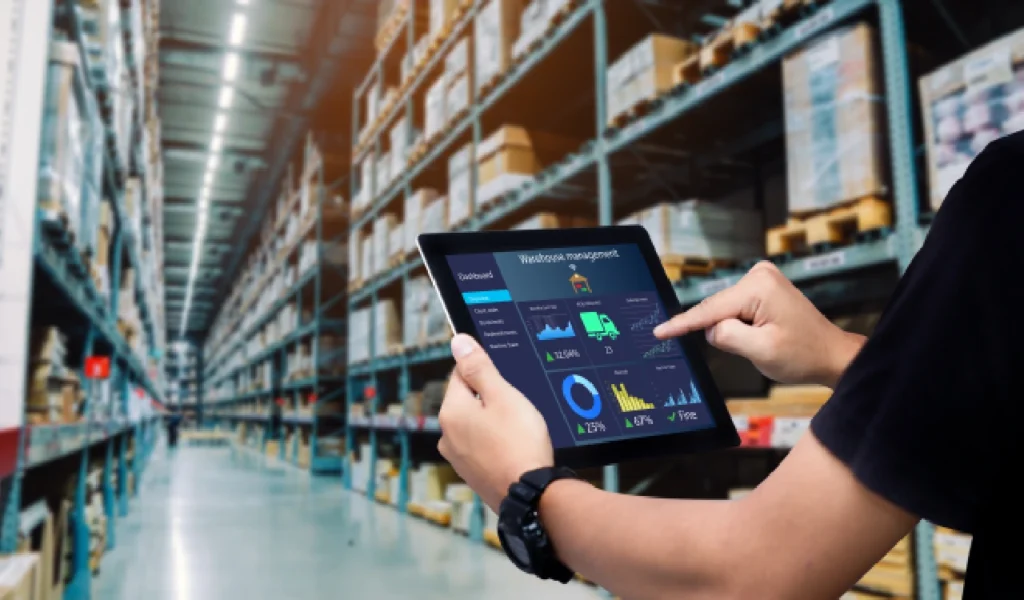AI infusion in Retail

Introduction
The retail industry is undergoing a dramatic transformation, thanks to the infusion of artificial intelligence (AI) into various facets of the shopping experience. AI is not just a technological evolution; it’s a fundamental shift that is reshaping how retail businesses interact with customers, manage inventory, and operate efficiently. In this article, we’ll delve into the profound impact of artificial intelligence on the retail industry, exploring the creation of new job roles and the proactive upskilling strategies implemented for current employees.
The Shifting Landscape
Automation’s Onslaugh
A 2017 McKinsey Global Institute report suggests that automation could potentially displace up to 800 million jobs globally by 2030. Within the retail sector, routine tasks like cashier checkout and inventory management are particularly vulnerable and 23% of jobs will be lost by 2030.
Skillset Metamorphosis
The World Economic Forum’s 2020 Future of Jobs Report predicts that by 2025, 50% of the global workforce will need reskilling due to automation. This impending transformation emphasizes the importance of critical thinking, creativity, customer service excellence, and proficiency in data analysis.
New Job Roles Emerge
AI Vanguard
The surge of AI has given rise to a demand for specialized roles such as data scientists, AI engineers, and robotics experts. These professionals play a central role in not just adapting to AI but in shaping and maintaining intelligent systems within the retail landscape.
Human-AI Symphony
AI in retail streamlines customer interactions: chatbots deliver instant responses to inquiries, while virtual assistants offer personalized product recommendations, aiding informed purchases. AI analytics deepen understanding of customer behavior, allowing tailored product and service offerings. Automation extends to customer service processes, reducing wait times and enhancing satisfaction. Additionally, sentiment analysis provides valuable insights into customer experience, enhancing overall service quality.
Cyber Sentinel
As AI integrates into daily operations, a robust cybersecurity workforce becomes imperative. New roles focused on safeguarding customer data and ensuring ethical AI implementation are emerging within the retail sector.
AI Integration Specialist in Retail
AI revolutionizes shopping with automated experiences. Technologies like facial recognition and computer vision identify customers upon entry, allowing them to skip queues and find desired items efficiently. AI-driven robots autonomously fulfill orders, reducing labor costs while enhancing accuracy. Virtual assistants powered by AI offer personalized product recommendations, aiding customers in making informed decisions.
The checkout process becomes seamless through AI-powered facial recognition, enabling secure and quick payments without waiting in line. AI extends its capabilities to detect shoplifters, improving store security. Analytics-driven by AI track customer behavior and preferences, empowering retailers to better understand their clientele and tailor offerings accordingly.
Retail AI Engagement Consultant
AI enhances shopping: facial recognition tailors offerings, and recommendation engines suggest personalized products. Interactive experiences include real-time chatbot responses and AI-guided virtual assistants for personalized and efficient shopping.
Upskilling the Existing Workforce
Proactive Training Initiatives
Forward-thinking retailers are heavily investing in training programs, focusing on equipping their workforce with skills needed to thrive alongside AI. The emphasis lies on enhancing capabilities in data interpretation, critical thinking, and fostering effective collaboration.
Micro-Learning On the Go
The adoption of bite-sized, online learning modules has gained momentum, providing retail employees with a convenient way to acquire new skills. This adaptive approach ensures employees stay ahead in the ever-evolving work environment, personalized to their pace.
Reskilling Initiatives
Governments and educational institutions are playing a pivotal role in providing reskilling opportunities. Collaborative efforts ensure that the retail workforce remains competitive in the era of AI, fostering a culture of continuous learning.
Real-World Examples
Walmart’s AI Integration
Walmart strategically employs AI for intelligent inventory management, personalized product recommendations, and the implementation of autonomous robots for streamlined stock handling.
Nike’s AI-Powered Solutions
Nike showcases the practical application of AI with the use of AI-powered chatbots for efficient customer service and virtual sizing tools for personalized shopping experiences.
Amazon’s AI Optimization
Amazon’s AI utilization spans optimized warehouse operations, personalized product recommendations, and accurate delivery predictions, showcasing the multifaceted impact of AI in the retail giant’s operations.
As the retail industry navigates this era of transformation, the fusion of AI and the workforce unveils not only challenges but unprecedented opportunities. While acknowledging the reality of job displacement, the creation of innovative roles and the emphasis on upskilling present a unique chance for retailers to adapt, evolve, and thrive. Embracing AI as a tool for empowerment and honing distinctly human skills will be instrumental in successfully navigating this dynamic retail revolution.
In the unfolding synthesis of AI and human ingenuity, the retail industry finds itself at the forefront of innovation, defining a trajectory toward unparalleled growth and adaptability. The orchestration of these elements will undoubtedly shape the success of retailers in a landscape sculpted by the transformative power of AI.


